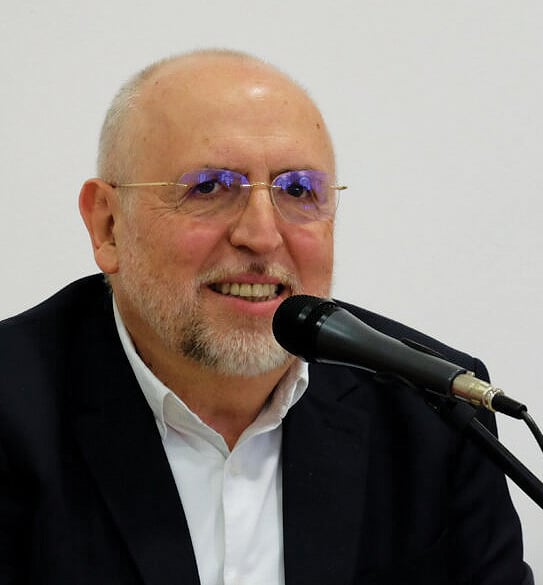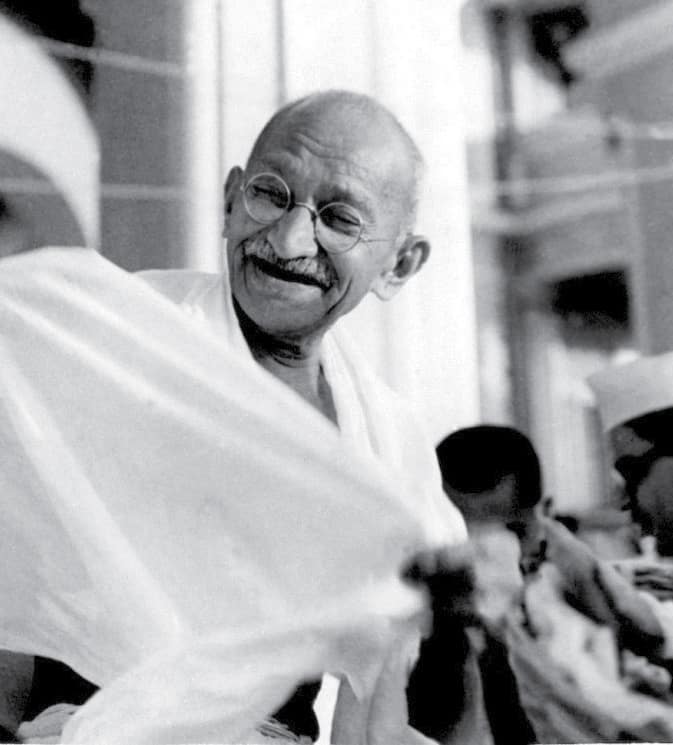
Generally, we think that a leader must be an individual with a strong personality, endowed with an indomitable character and a power of conviction capable of leading others towards objectives identified by them and presented as being the real and profound needs of all.
Susan Cain, a North American sociologist, has devoted much of her university research to the analysis of the type of ‘extrovert’ personality which, in her opinion, has characterized the figure of the leader in her country, particularly from the first decades of the 20th century onwards. This has come about through a precise and effective propaganda strategy supported by an endless number of courses, publications, and teaching tools. That magnetic, charming, magnificent, attractive, bright, dominant, decisive, and energetic kind of individual has established itself in much of the world as an emblem or symbol of leadership.
In her 2012 book (Quiet: The Power of Introverts in a World That Can’t Stop Talking, Bompiani), Cain writes that things have been changing for some time now, and that a new personality type is emerging: it is the introvert, the reflective person who, with his or her calmness, increasingly focuses attention on social environments and begins to exercise a completely different kind of leadership from the usual one.
Whereas the traditional ‘extrovert’ leader prefers action to reflection, effectiveness to relationships, the new type of leader does the opposite: he or she prefers to wait, reflecting and thinking before taking any initiative; they “waste time” in relating to others rather than seeking effectiveness at all costs, knowing that, in the long run, cultivating relationships is the most fruitful thing.

A shining example of an ‘introvert’ leader, to use Cain’s category, is Gandhi. When he made the trip to the capital [New Delhi] to address the Congress Party, he had already traveled thousands of kilometers by train, visiting villages all over his vast country. He took the floor simply to highlight the true situation of the people. [His speech was received] with absolute silence. A [new type of] leader was born, the leader of non-violence, one who would lead his country to independence from Britain.1
Nowadays, we see that many of those individuals trained to exercise leadership with the features of dominant and energetic extroversion, actually have “feet of clay.” Their strength is paper-thin, and above all, they do not convey convictions because they are ultimately lacking in thought and love.
So, let’s be thankful for this new kind of leadership. We need it. Using our own categories, we would say that the world and our communities today need leaders of communion-fellowship, that is, people who are, of course, decisive and convinced, also energetic, but capable of giving priority to the ‘we’ over the pure ‘I.’ They are aware, therefore, that strength comes from being part of a body and not from fragmentation. They are people who inspire consensus, reverse the trend of unnerving and upsetting competitiveness and find room for everyone, even the weakest, especially the weakest. With this kind of leadership, everyone’s talents come to the fore and are not side-lined by envy.
The leader of communion-fellowship prefers listening to talking, letting people do things to doing these things themselves. They prefer time to space, meekness to violence, service to gain; they prefer love to selfishness, agreement to imposition, wisdom to ideology. These people enable the presence of Jesus in the midst; they are the first to love, taking on the pain of others. They stand out for their love for Jesus Forsaken2 and are experts in resolving conflicts by avoiding polarization, and they blame themselves, first of all, if necessary. Power is foreign to this type of leader, and so they are able to leave office when the time comes. This leader always seeks the truth and therefore breaks with the effects of malicious gossip from the outset. For this type of leadership, synodality is the only methodology. These people are deeply spiritual, but also concrete. They can be found; availability is, therefore, a trait of theirs. They are guided by humble ways, and self-criticism makes them grow. They are free because they are not afraid of anyone, except their “old self.”
To sum up, leaders of communion-fellowship are Marian leaders, full of love and all service.
Jesús Morán
1 Jesús said “England” but was actually referring to Great Britain which ruled a worldwide empire during the early 20th century.
2 Refers to Jesus who, on the cross, felt abandoned by His Father, and cried out, “My God, my God, why have you forsaken me?” (Mt 27:46), chosen as the only Ideal of one’s life.




